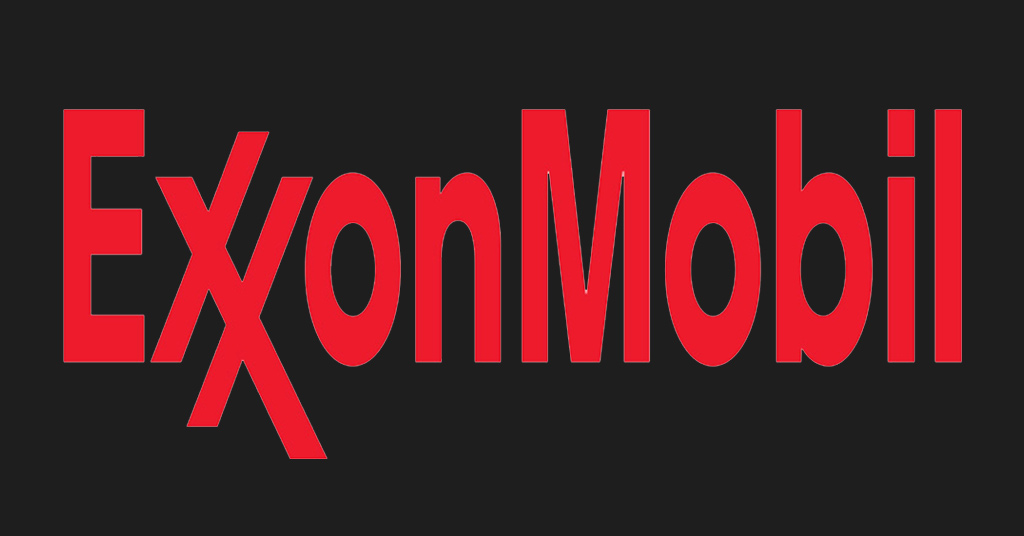Welcome To ChemAnalyst

US: Even as political unrest compels other businesses to revaluate their exposure in China, Exxon Mobil Corp. is moving on with a multibillion-dollar petrochemical complex that serves as the cornerstone of its growth strategy there.
Exxon executives have made several trips this year to check on the status of the project in Huizhou, China. The complex is the largest of a dozen or more new projects being built around the US by businesses that will make Ethylene, a feedstock for plastic.
The reward is a sizable interest in the petrochemicals industry's top growth market, which provides the plastics, resins, and fibres needed by China's manufacturing sector to produce everyday consumer goods that are found in homes throughout the world. The hazards of the plan have increased due to diplomatic tension between the US and China over the Asian nation's friendship with Russia, spying allegations, and policy towards Taiwan.
Exxon's dedication to the new facility contrasts with other firms' actions, with the likes of Apple Inc., Nike Inc., and Adidas AG as well as manufacturers of auto parts reducing their exposure to China's supply chain by making investments in neighbouring nations like Vietnam and Thailand.
The outlook for the relationship between Washington and Beijing is deteriorating among many executives.
Exxon has strong incentives to continue with its investment there, nevertheless. The business believes that the demand for petrochemicals, which are made from fossil fuels, will rise significantly faster than that for oil, which it predicts to essentially stagnate until 2050. It is significantly more difficult to replace chemicals like Ethylene and Polypropylene, which are used to make plastic bottles, food packaging, and medical equipment, with low-Carbon substitutes. Exxon predicts that between 2017 and 2030, the worldwide demand for chemicals would rise by 42%, compared to just 5% for petrol.
The driving force behind this rapid expansion is China. Its economy is anticipated to grow faster than that of the US or Europe over the long term, supporting demand for plastics in a rapidly developing country with a population of 1.4 billion people, despite a delayed recovery from its severe Covid-19 policies. Nearly a third of the world's manufacturing is also done in China.
The Huizhou complex, sometimes known as "China 1," will open in Guangdong province in 2025. Additionally, Exxon is investigating the possibility of Carbon capture at the location where it is establishing its first research and development facility with pilot plants outside of North America.
Well before the worsening in US-China ties this year but after the tit-for-tat trade battle under the Trump administration, Exxon declared its intention to build the China 1 facility in late 2021. The head of chemicals at the time, Karen McKee, referred to it as a "competitive growth platform." According to Chinese government sources, the project will cost $10 billion. Like any major commodity project, there is almost never a chance to change one's mind after an investment choice has been taken and funds have been committed. Even so, it doesn't seem as though recent events have diminished Exxon's enthusiasm for Chinese petrochemicals.
Exxon claims that its investment in China differs from that of other US businesses that rely heavily on the nation for their supply networks. The massive Texas oil company will only provide chemical feedstock for regional producers.
There is no comparison to US corporations moving manufacturing from China to secure their supply chains because most of the products will manufacture there are for domestic consumption, the company said in a statement. Since Ethylene and its derivatives are utilised in fundamental industrial processes, the US government has no prohibitions on selling China high-tech or military goods.
In extending its influence in China, it is not acting alone either. In recent weeks, Airbus SE and Ford Motor Co. strengthened their commercial ties with China, while Mercedes-Benz AG, Siemens AG, and BASF SE have vowed to continue their business relationships with the second-largest economy in the world. The largest chemical manufacturer in the world, BASF, is constructing a complex akin to Exxon's in southeast China.
Any further expansions of Exxon's Huizhou complex might take a decade and depend on elements such as market demand, financial returns, and political concerns.
Due to the production of the petrochemical facility being exempt from tariffs, sanctions, and export taxes, it may help shield Exxon from shifting geopolitical winds. This would enable it to avoid scenarios such to those that arose in 2018 when synthetic Rubber imports from China were subject to anti-dumping measures during a period of retaliatory tariffs under the Trump administration. No product, not even butyl, is dumped, according to Exxon.
Few other businesses can equal Exxon's global reach and prominence in the energy sector when it comes to diplomatic influence outside of the US government. It has operated for years in nations with autocratic governments and has proven its capacity to quickly change course, when necessary, as it did when it left Russia last year.
We use cookies to deliver the best possible experience on our website. To learn more, visit our Privacy Policy. By continuing to use this site or by closing this box, you consent to our use of cookies. More info.
